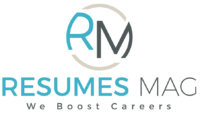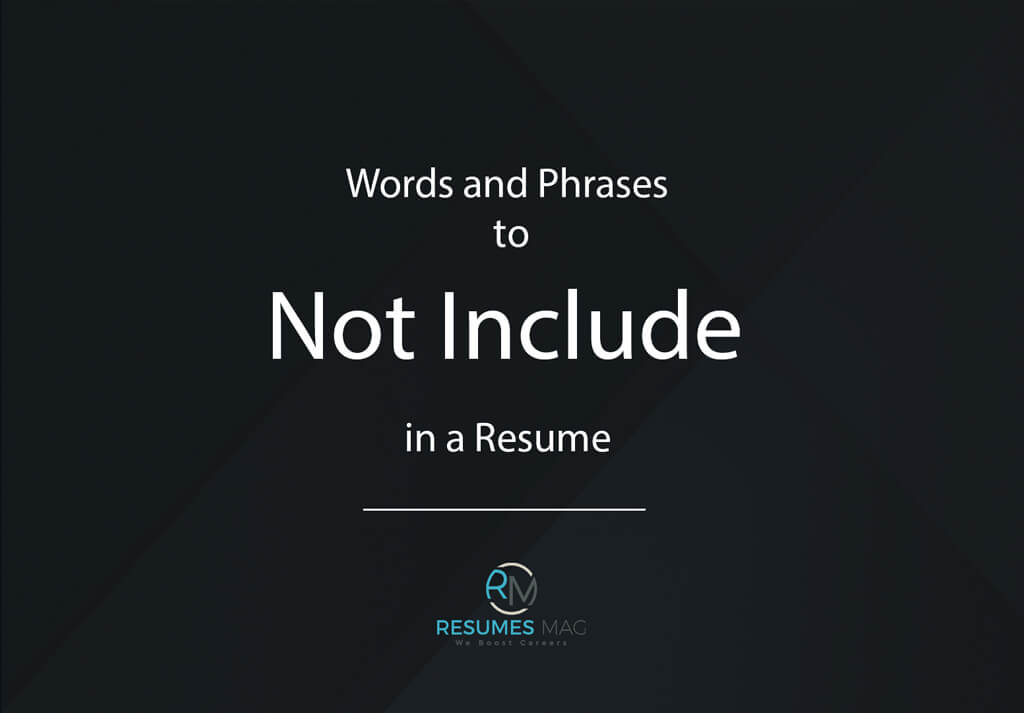Employers look at dozens of resumes per day. They don’t have time to study every little bit of information on each resume they look at. Instead, they scan through resumes for keywords which tell them what kind of experience and skills the applicants possess.
Experience and skills are the only two things that employers care about. If you can convey this information to them as quickly as possible on your resume, then you may get a call back from an employer to invite you for a job interview if your experience and skills match what they want.
On the other hand, if your resume consists of a lengthy mission statement and past job descriptions, then employers will toss it aside and go on to the next resume. Contrary to popular belief, mission statements don’t matter so much to employers.
Since employers with the help of ATS applications look for keywords on resumes, it is important that you use the right words on your resume while avoiding the wrong words. You are probably wondering how you can tell these types of words apart.
Basically, the right words are action-oriented words or phrases which help describe something you’ve done or something you can do.
Words and Phrases to Include on a Resume
Some examples of good words to include on your resume are as follows: developed, influenced, managed, resolved, under budget, volunteered, budgeted, trained, financed, negotiated, profited, and mentored.
Each of these words could describe something unique about yourself that you did in the past. Employers want to learn about your experience and what you’ve done at previous jobs. So, they’ll want to see Actionable Verbs that convey this information quickly. Let’s see some of these words in sentences.
- I established a record number of sales in my real estate brokerage for 3 years in a row.
- I volunteered with the Peace Corps and spent 2 years building houses for impoverished people in third-world nations.
- I managed a warehouse with 100 employees for 4 years, which resulted in a 40% increase in productivity for the company.
Do you notice a pattern here in these examples? Each one talks about an action taken by the person and the results of those actions. This is the kind of thing employers want to see. It gives them an idea of what you can do for them in a similar situation within their organization.
Words and Phrases to NOT Include on a Resume
Unfortunately, many job applicants fall into the trap of putting overused words and phrases in their resumes. These are words that describe the person rather than what they can do. Employers are not interested in you as a person. They are interested in what you can do for them.
Who doesn’t want to hire someone that is a hard worker, team player, and people person? If you have to spell that out on your resume, then it seems redundant and cliche. Employers can tell if you possess these qualities by simply looking at your work history and what you’ve accomplished. Overused language like this isn’t going to persuade them differently.
Here is a bigger list of words and phrases that you should not use on a resume:
- Risk-taker
- Self-motivated
- Results-driven
- Strategic thinker
- Detail-oriented
- Extrovert
- Proactive
- Fast talker
- Fast learner
- Hard worker
- People person
- Team player
- Professional person
- Clean person
There are more words and phrases that you should omit from a resume, but this gives you an idea of the type of language you need to avoid. These are all words and phrases that describe the type of person you are and not what you’ve done.
If you call yourself a “strategic thinker,” so what? Is there anything in your background which can show employers that you’ve applied strategic thinking to a real-life situation in a job? This is the kind of distinction that needs to be made.
Interview Tips
When employers interview you, avoid talking about yourself using the same kind of repetitive and overused language. If an employer asks you, “Why do you want to work for XYC company?”, you should immediately refer to your skills and experience. Don’t say something like, “I want to work for XYC company because I’m a hard worker who shows up on time and works well in teams.” To an employer, they’re thinking you’re just telling them what they want to hear. That is not going to cut it with them.
Here is a better way to answer the question, “I want to work for XYC company because my experience as a volunteer and manager make me more than qualified for the job.” You’ll always want to give an answer which includes those action-oriented words and phrases.
You’re basically regurgitating the same language from your resume, but without reading from it. Employers want to hear those words come out of your mouth too. They are testing you to see if you’re consistent with your skills and experience claims. That is why you don’t want to lie or misrepresent yourself on your resume. If you do, then you might catch yourself in a lie during the interview.
It is always better to tell the truth and simply state how your skills and experience can add value to the company. All employers care about is finding job applicants who will add value to their company and increase their productivity. Don’t just tell employers you are valuable. Show them you are valuable by using effective language that proves your value rather than states your value.
Conclusion
Good luck with your resume. It may take practice, but you’ll eventually get the hang of it. Once you’re done writing your resume, review all its content and make sure all your language is action-oriented only. Then you’ll know whether you have a good resume or not.



0 thoughts on “Words and Phrases to Not Include in a Resume”